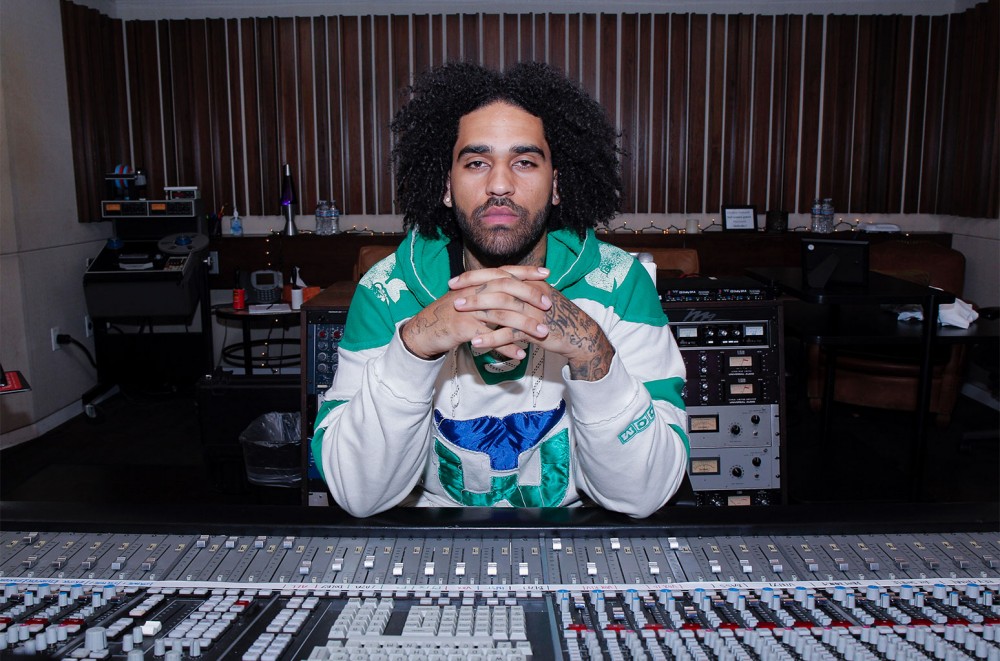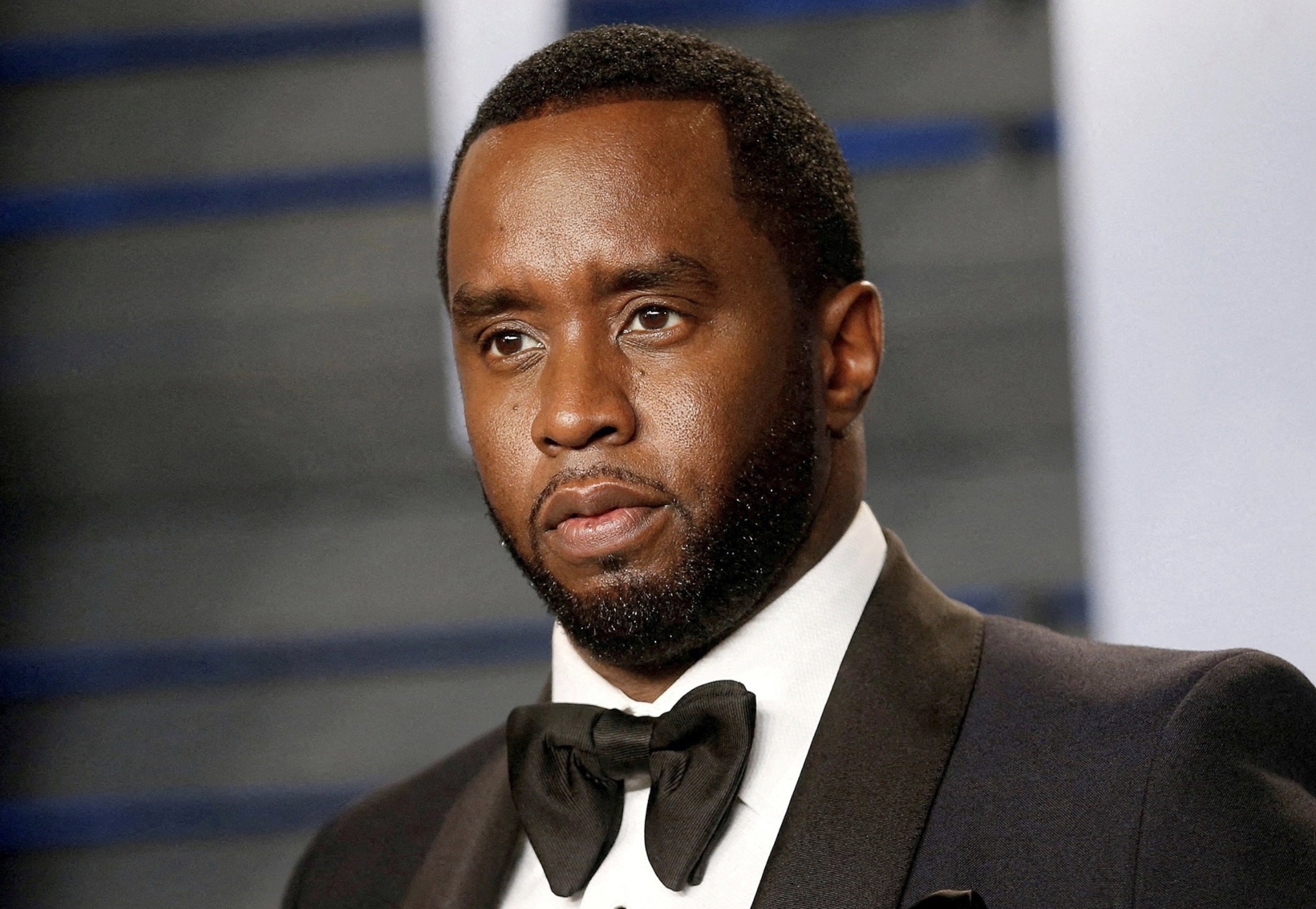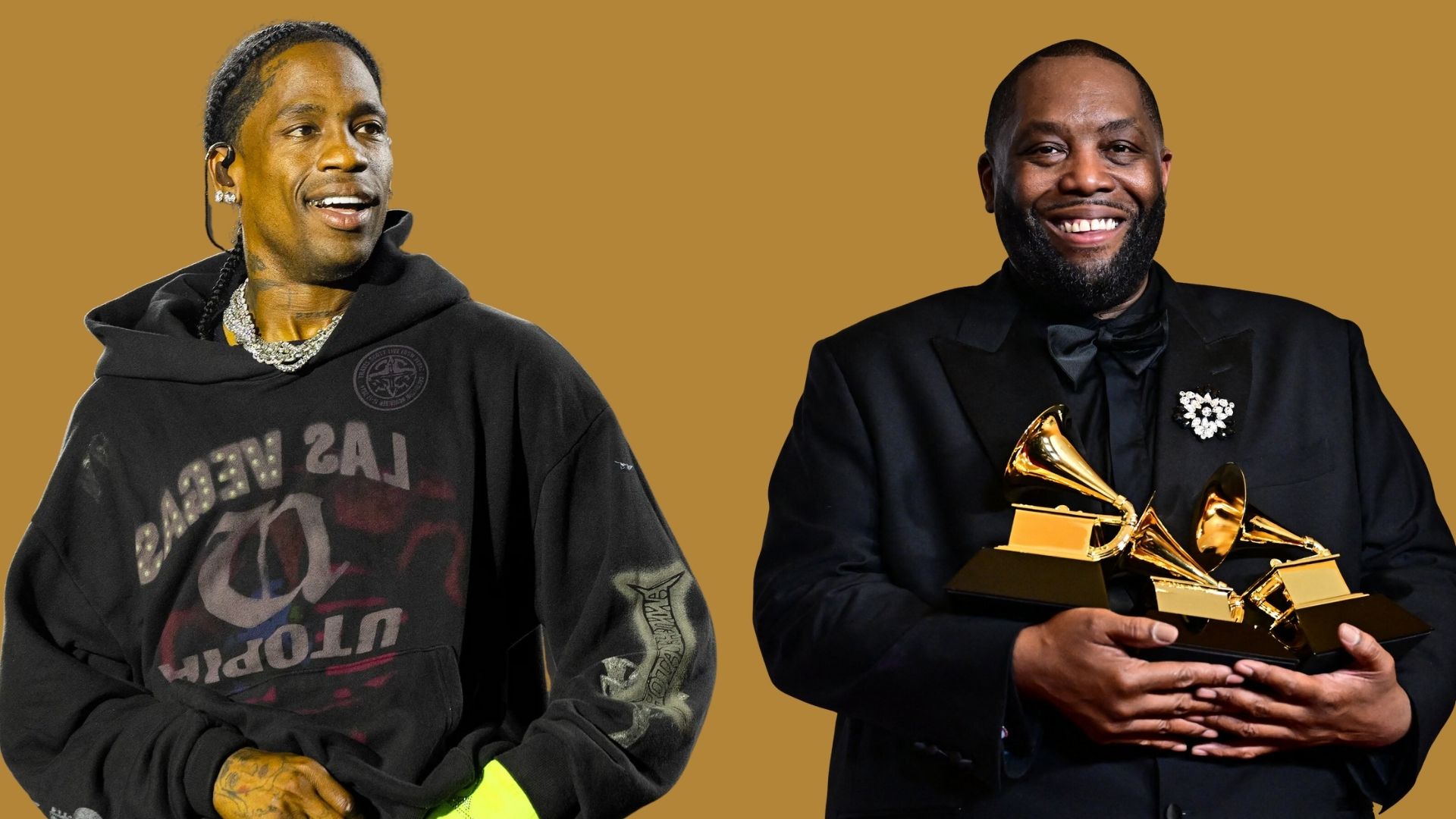Everyone who succeeds in the music industry catches some sort of break; talent is key, of course, but talent can go unrecognized, and nothing is guaranteed. No one knows this better than Los Angeles native Derek Ali, who’s shaped the last decade of rap music with his innovative approach to mixing and engineering.
Ali, who goes by MixedbyAli, came up with the Top Dawg Entertainment crew, emerging in full-force in 2011, when a local hero named Kendrick Lamar emerged with Section.80. Ali’s affiliation with a generational talent was the only break he needed; from there, he’s worked harder and smarter than anyone else in the game.
Ali has set up some rules from himself—inspired by collaborators like Lamar and Dr. Dre—which keep his ego in check and his hustle at 100 percent. “I work off this mind set that you’re only as good as your last mix,” he explains to Billboard during a phone conversation. “The way I listen to music is jaded. I’ll listen to something I worked on and critique it. In order for me to move forward, I always gauge myself on what I just finished.” Ali’s last mix? Roddy Ricch’s Please Excuse Me For Being Antisocial. The engineer is now armed with another Hot 100 chart-topper with “The Box.”
Aside from his ascent as rap’s go-to engineer, he’s established himself as an educator within the field. “I couldn’t afford music school — because of where I was from, I didn’t have the opportunity to get into these studios with successful engineers,” he says. Through his EngineEars program, Ali is offering access to aspiring engineers that would otherwise not have the opportunity to learn from one of the greats.
Aside from working on more albums, Ali’s 2020 consists of Seeing Sounds workshops, described as the engineer demonstrating "the making of a song from start to finish and often includes guest appearances from artists he's worked with like Kendrick and YG.” The next workshop is taking place in Los Angeles on Jan. 25, and Ali has plans to expand the project globally.
Have you had time to reflect on where you were at the beginning of last decade versus where you are now?
S–t, aside being broke and not having anything, I’m sure a few things changed. laughs]
When did that change? When did you go from broke to one of the most in-demand engineers in the game?
I was blessed to be around the guys I came up with. We never looked too far ahead towards material things or accolades. In the beginning, music was simply a way to get out of the streets and do something productive. Music was a way to be safe, the studio was a place for us to collaborate and create. Eventually, it turned into something. Top Dawg Anthony Tiffith, TDE founder] instilled a work ethic into us. He taught us the simple concept that when you work hard towards something, if you put enough hours into it, you become great. He provided the studio for us and we provided the time. Here we are.
Was your interest always in mixing and engineering, or did you shift towards that at a certain point?
I wasn’t a musically-inclined kid growing up. I used to break RC cars just to put them back together and see how they worked. I found out I could do that through audio and I fell in love with the process. I could take a recorded vocal and manipulate it in such a way as to make it sound different. That concept is where Section.80 came from. We tried to take sounds and blend s–t together that didn’t make sense.
When you started branching out into non-TDE releases, was asserting your creativity paramount, or were you okay taking a backseat to a particular artist’s vision?
Because Kendrick and TDE’s style has always been so unorthodox and different, I was lucky enough to be with people that would let me go creatively. I never got put in a box when I was working with Kendrick, Ab-Soul, ScHoolboy Q, or Jay Rock. We were all trying to experiment, and the worst thing that could happen is we’d just say we didn’t like it. That sparked a creativity in myself that other engineers weren’t doing. I was mixing unconventionally, doing things that didn’t make sense.
When Dre signed Kendrick, Kendrick was like, "Everything’s all good as long as Ali is sitting with you while we’re mixing." When it was time to mix Lamar's 2012 album] good kid, m.A.A.d city, Dre started teaching me the analog board. I had crack plug-ins and I stole audio gear that I had to make work. My sound comes from Dre training me on the analog s–t and me having the basic knowledge of digital mixing. I fuse them together.
How early on in the process do you generally get involved?
For the TDE stuff, I was recording and mixing everything. I was there from the beginning to the end. But everything took off and the workload changed. I started to put people in places to begin the TDE projects for me, and then they would come to me ready to be mixed. A lot of artists that I work with now don’t put me into a box because they expect me to do unorthodox things. The projects I now receive have rough visions from where they left things off, and it’s up to me to be creative and make it greater than they thought could be done.
Outside of the TDE stuff, do you have a favorite release from the past few years? Or is it too hard to choose?
The last album I did was the Roddy Ricch album, Please Excuse Me For Being Antisocial. I’m only as good as my last mix, and I think that’s some of the best work that came out last year.
And you have a new No. 1 single, too.
Exactly. We came off the Summer Walker album 2019's Over It], which also had multiple number ones. We want to keep the catalog growing, and I want to keep building my stake in hip-hop history.
The YBN Cordae album The Lost Boy got a Grammy nod. What do you think makes that record appeal to traditional rap fans and the more risk averse members of the Grammy people?
I think it’s great. The album is refreshing in the way it goes back to the roots of hip-hop. The beat selection is incredible. His lyrics and his cadence over the tracks is impressive. In this new era of music, it’s hard to envision where it will be in the next few years. Kids like Cordae have true hip-hop values and a respect for the art in general. I look forward to talking about him for the next 10 years.
What rap did you grow up on?
I’m from L.A., born and raised, so I grew up on Snoop and Dre, gangsta rap. That’s in my bloodline, that’s what we listened to in middle school, high school and beyond. Even to this day, Dr. Dre is a pioneer of West Coast hip-hop and hip-hop in general. I model my sound after his, with the hard-hitting drums and clean vocals. I’ve been blessed to be able to work with him and gain more knowledge from him. I want to further the quality of good music. You don’t have to be a trendsetting rapper to get attention. I want to show that to the next generation. If you really apply yourself and take your time with the art, you can create that longevity. That’s where I see Cordae, too… He’s in that realm.
You’ve worked with some artists that have tragically passed away in the past few years. What’s it like to have been a part of the careers of rappers like Mac Miller and Nipsey Hussle?
Outside of music, Mac was one of my best friends. That hit me really hard. When you’re in the studio with someone as an engineer, you’re damn near living with them for months at a time. I’m hearing his stories and all the things he’d dealt with — for him to be that young and to deal with all that s–t — and I can’t imagine that pressure. It was amazing to see how vulnerable he was and to talk to him as Malcolm and not Mac Miller. It humbled me. All that glitters isn’t gold and everyone that smiles isn’t always happy. I learned a lot from him, just to be a good person. He was one of the most selfless, sweetest and talented creators I’ve ever met.
It was the same deal with Nipsey. We knew each other since ‘07 or ‘08. The Game took Jay Rock and Nipsey Hussle on an early tour for both of them. The TDE camp bonded heavy with Nipsey and his crew, and since then it’s been nothing but love and family. Everybody wanted to see each other succeed. L.A. is a small place if you’re in the scene. When he called me for Victory Lap, it just confirmed that timing is everything. It was a perfect time to finally work together.
What are you looking forward to in 2020?
I’m getting more into education. I launched a series of workshops where I go around the world and teach kids how to mix records. I’m teaching them about my story, the good and the bad, so they can maneuver around the landmines. I’m doing full deconstructions of some of my biggest mixes so they can get a head start. I want to be the person for somebody that I wish I had growing up.



